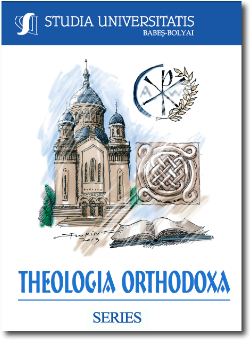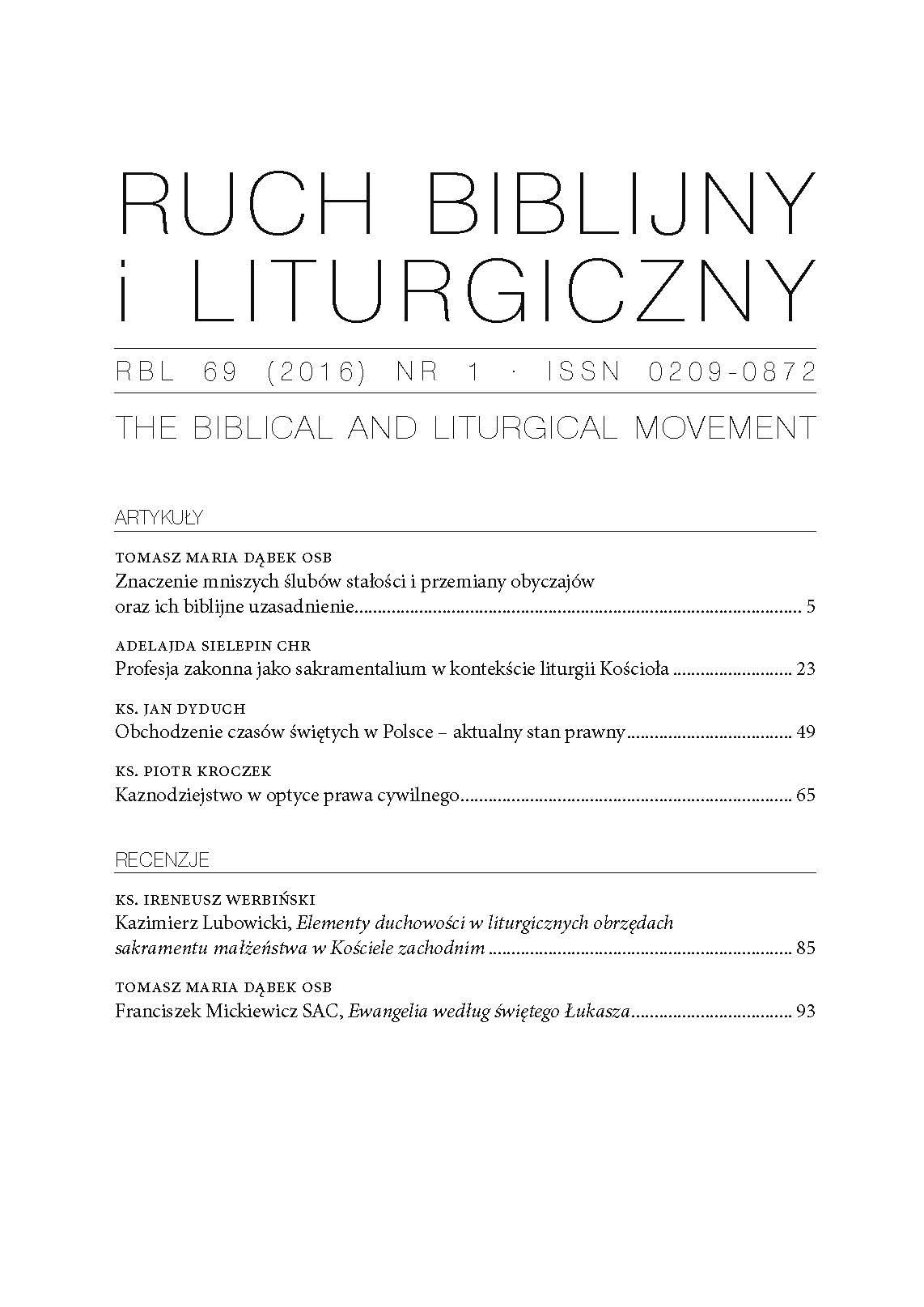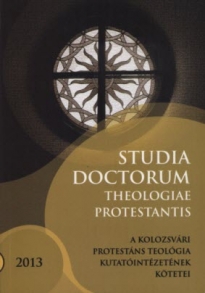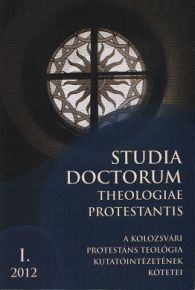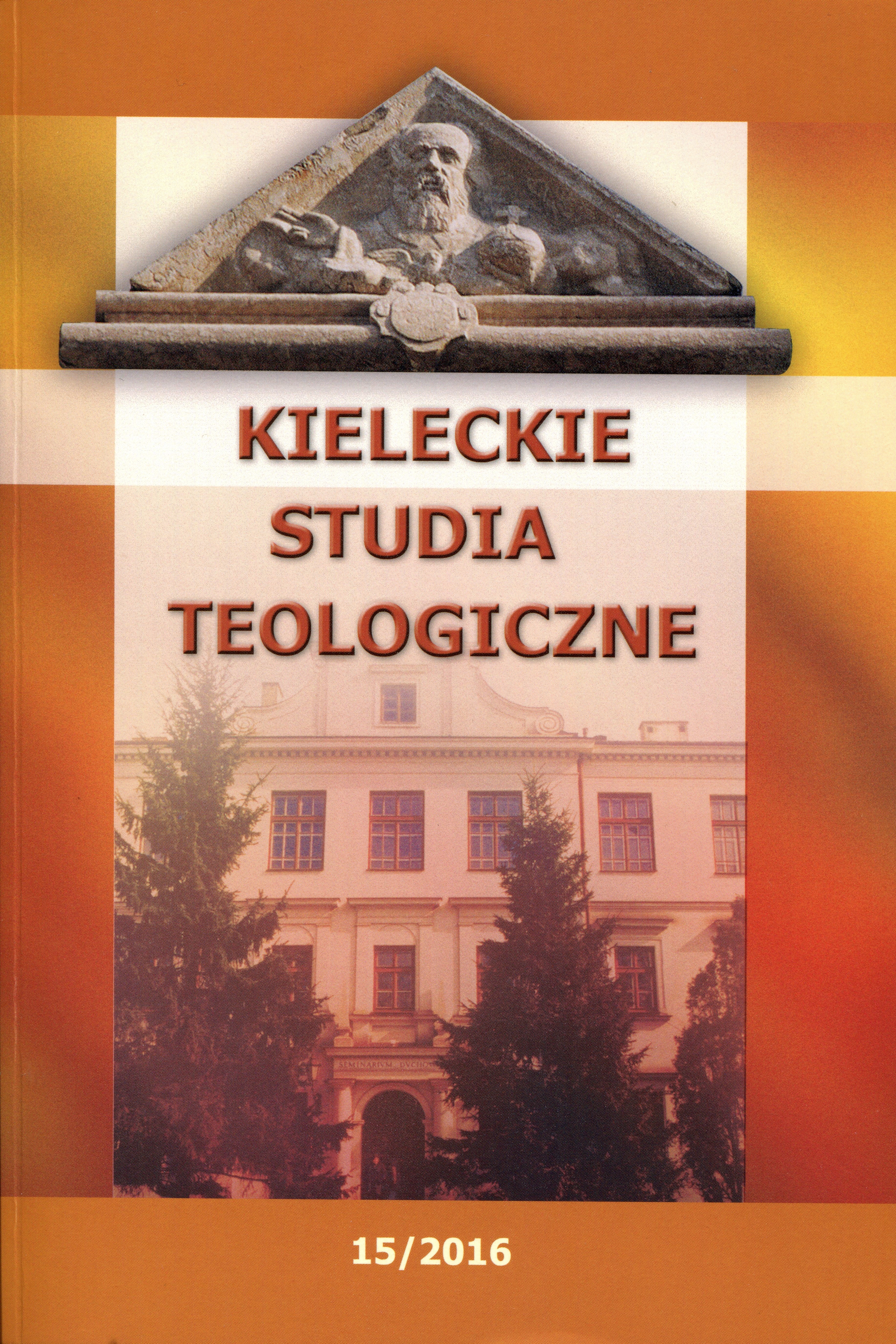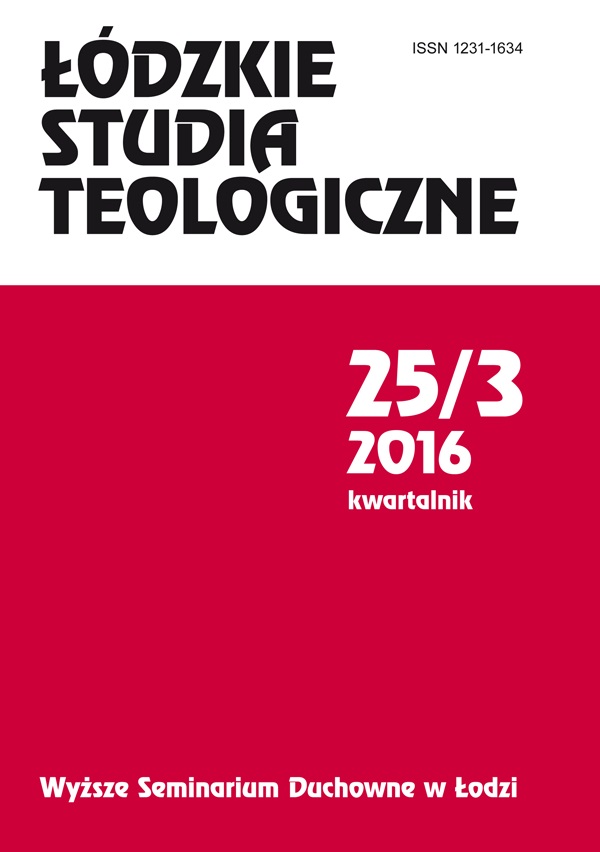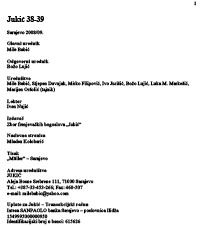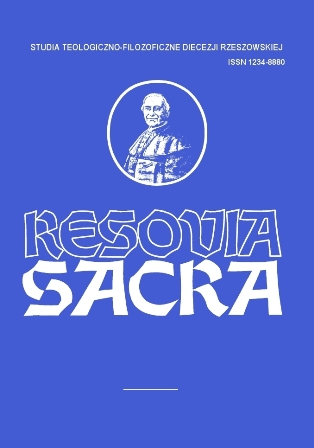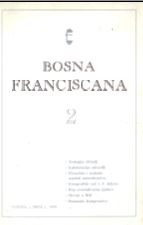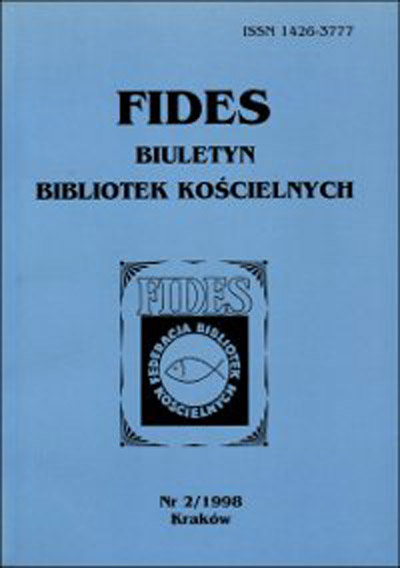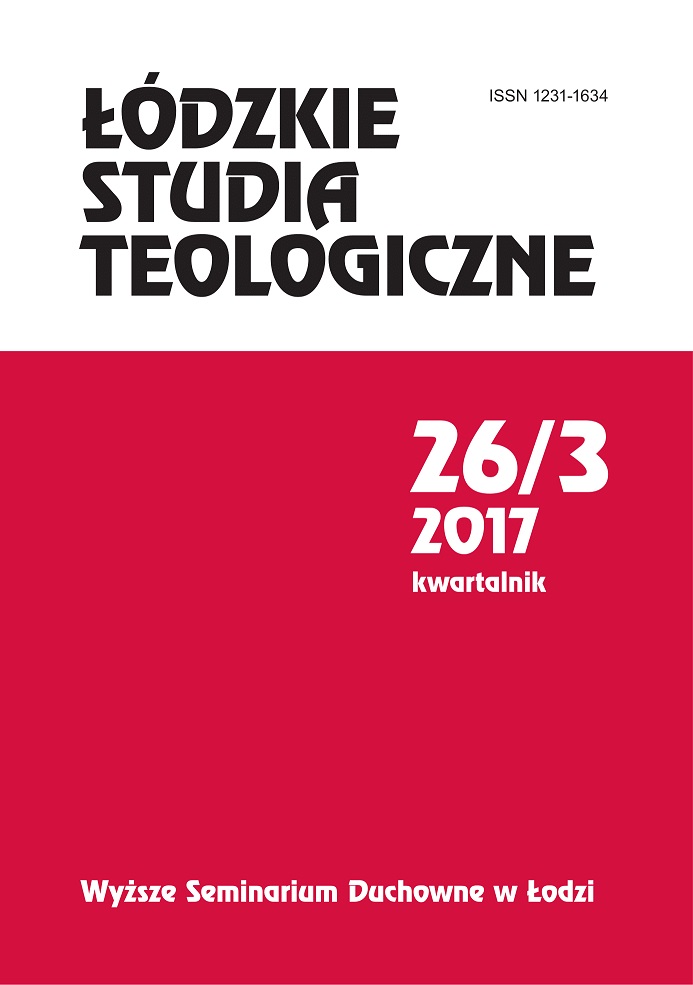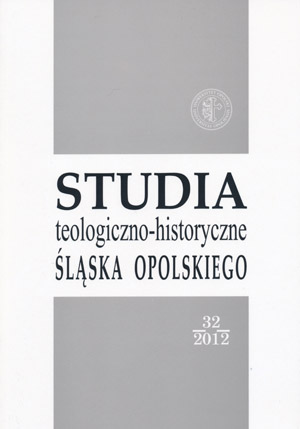
„Skandal krzyża” a motyw świątyni (ναόϛ) według relacji o wyszydzeniu Jezusa na krzyżu (Mk 15,29-32a)
Der Abschnitt Mk 15,20b-41 ist die zentrale und älteste Schilderung des Leidens Jesu. Dem evangelischen Bericht über die Kreuzigung Jesu, zwischen zwei Räubern (Mk 15,23-28) folgt die Darstellung verschiedener Gestalten, die in der Nähe des Kreuzes versammelt sind. Unter ihnen befinden sich solche, die auf den sterbenden Jesus schimpfen (Mk 15,29-32a). In dem so ungewöhnlich tragischen Moment des Leidens Jesu, das seinem Tod unmittelbar vorangeht (Mk 15,33-37), wird Er beschimpft und verspottet wegen Seines angeblichen Angriffs gegen den Tempel, also wegen Seines Auftretens gegen das Sanktuarium von Jerusalem. In dem so sarkastischen Bild stellt St. Markus eine außerordentlich interessante Problematik des sog. Kreuzskandals dar. In dem Artikel kommt der Verfasser zum Schluss, dass in dem Bericht in Mk 15,29-32a und in dem ganzen Evangelium nach St. Markus Jesus als Derjenige dargestellt wird, der die Macht über den Tempel besitzt, und nicht nur in Bezug auf den Ihm gehörigen Titel des Menschensohns, also im eschatologischen Sinne, als Derjenige, der zur Rechten der Macht sitzt (Mk 14,58-62). Eine besondere Macht über den Tempel gebührt Jesus wegen Seines Todes am Kreuz. Die Weissagung von dem Untergang des Tempels zu Jerusalem geht in dem Markusevangelium den erlösenden Ereignissen voraus: dem Gericht über Jesus, Seinem Leiden und Seinem Tod am Kreuz.
More...
